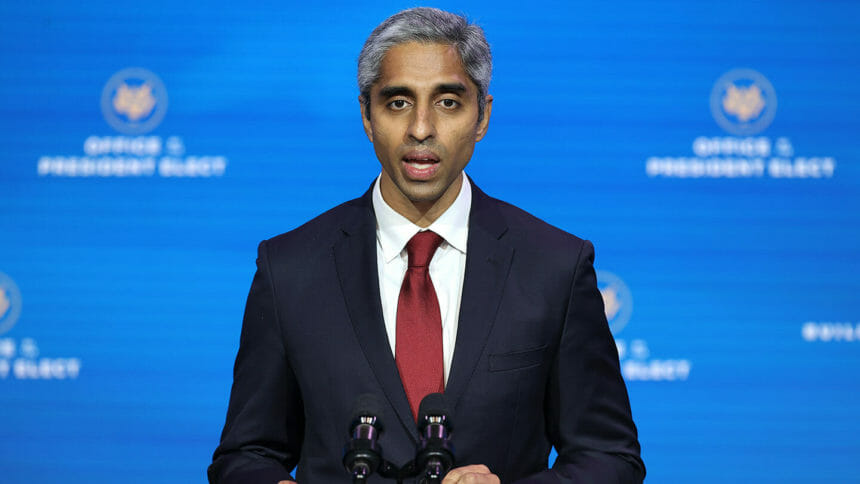
On the heels of the formation of a new home care alliance to address the workforce shortage, U.S. Surgeon General Vivek Murphy on Monday called burnout and mental health issues a crisis in healthcare. Murphy also laid out a list of recommendations to address the emergency head-on.
“As we transition towards recovery, we have a moral obligation to address the long-standing crisis of burnout, exhaustion and moral distress across the health community,” Murphy said in the advisory. “We owe health workers far more than our gratitude. We owe them an urgent debt of action.”
The Surgeon General’s Advisory Addressing Health Worker Burnout aims to improve the well-being of healthcare workers, while also strengthening the nation’s public health infrastructure. It calls for six specific actions to address burnout:
- Protect the health, safety and well-being of all health workers. Health systems must ensure that healthcare workers are adequately trained.
- Eliminate punitive policies for seeking mental health and substance use care. Providers should offer flexible care models, improve access to mental healthcare, and encourage communication about mental health and substance abuse issues.
- Reduce administrative and other workplace burdens to help health workers make time for what matters. Providers must reduce workloads, increase flexibility in work scheduling and ensure health information technology is person-centered.
- Transform organizational cultures to prioritize health worker well-being and show all health workers that they are valued. Employers, policymakers and associations must identify factors contributing to burnout and identify solutions, while also offering competitive pay and benefits.
- Recognize social connection and community as a core value of the healthcare system. Strengthening social connections through peer and team-based models can protect against loneliness and social isolation, while enhancing patient care.
- Invest in public health and our public health workforce. The U.S. must improve its disease surveillance system and expand worker diversity to address social determinants of health and reduce care inequity.
Hear, hear
Home care and senior services advocates roundly applauded the recommendations.
“A number of the recommendations require a partnership with stakeholders such as Medicare and Medicaid to provide improved compensation, job flexibilities, and the reduction of the burdens of paperwork” National Association for Home Care and Hospice President William Dombi told McKnight’s Home Care Daily Pulse in an email. “ We are prepared to work constructively with HHS and others to bring practical solutions into reality.”
LeadingAge President and CEO Katie Smith Sloan told McKnight’s Home Care Daily Pulse in an email that healthcare workers deserve not only gratitude, but financial support.
“We’re heartened to see that many of the advisory’s recommendations are in the same vein as the bold, all-of-government approach LeadingAge submitted to President Biden back in March,” Sloan told McKnight’s Home Care Daily Pulse in an email. Broadly, we must value and support health care workers by taking a variety of actions, leading with ensuring competitive wages, benefits and training.
Provider action items
Murphy also suggested ways healthcare providers, including home health and hospice agencies, can respond to the crisis. He recommended they solicit input from workers to improve workflow and processes that might be contributing to burnout. He also encouraged policymakers to enact paid leave and rest time rules, in addition to strengthening local policies that protect healthcare workers from workplace and community violence. He called on technology companies to design platforms to help workers, care teams and patients across the continuum of care.
Much of the burnout in the healthcare industry has been attributed to the severe shortage of direct care workers, exacerbated by the COVID-19 pandemic. Last week, the National Association of Home Care and Hospice, the Home Care Association of America and Bayada Home Health launched the Home Care Workforce Action Alliance to address the crisis. The alliance is calling for better Medicaid reimbursement rates to support caregiver training and more training.
This article originally appeared on McKnights Home Care





